Water is not an infinite and constant resource.
On the afternoon of June 20, continuing the program of the 5th Session of the 15th National Assembly, the National Assembly discussed in the hall the draft Law on Water Resources (amended).
Speaking at the discussion, delegate Nguyen Thi Viet Nga (Hai Duong delegation) said that Vietnam is a country fortunate to possess diverse and abundant water resources. However, water is not an endless and unchanging resource.
“Because water is not considered a valuable resource, the exploitation and use of water in recent times has not received due attention to saving and efficiency, linking exploitation and use with the protection of water sources and water source corridors, causing many water sources to be heavily polluted and depleted, negatively affecting the environment, daily life and production of people,” said a delegate from Hai Duong.
Regarding water pollution, the Russian delegate cited statistics from the Ministry of Natural Resources and Environment and the Ministry of Health, showing that each year in Vietnam, approximately 9,000 people die due to poor water sources and sanitation; nearly 250,000 people are hospitalized for acute diarrhea caused by polluted water sources; approximately 200,000 people get cancer each year, one of the main causes of which is water pollution.
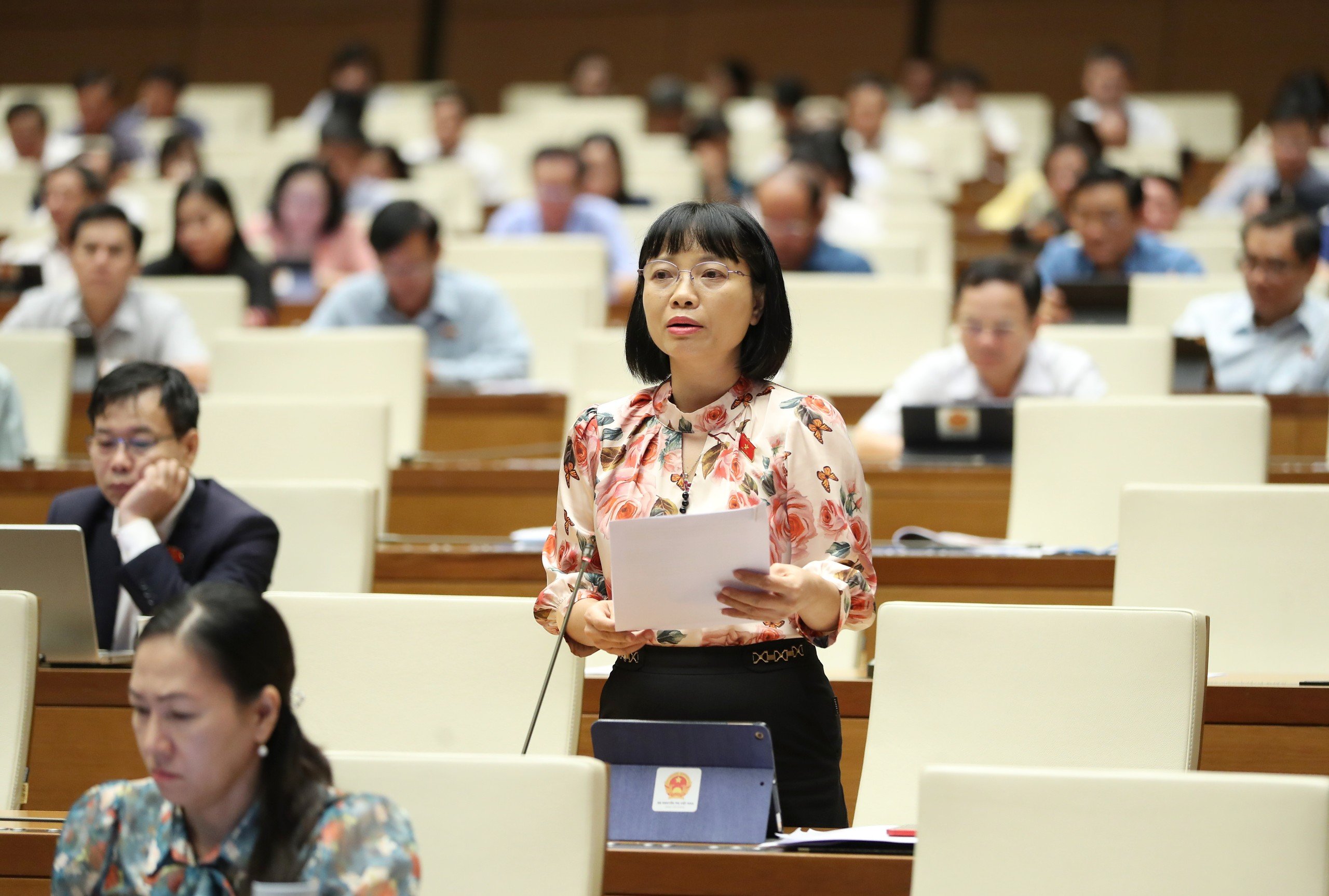
National Assembly Delegate Nguyen Thi Viet Nga speaks at the meeting hall.
Besides, the alarming decline in water reserves due to many causes also requires drastic regulations and solutions to prevent the risk of water insecurity.
Therefore, emphasizing the water resources aspect in the name of the Law and the provisions throughout the contents of the Law, is consistent with the viewpoint: Water is public property and owned by all people, uniformly managed by the State.
“Water resources are the core in construction, planning, socio-economic development, population planning, planning of sectors and fields that exploit and use water, and planning national development strategies. The scope of the law stipulated in Article 1, in my opinion, is appropriate and adequate,” said Ms. Nga.
Regarding prohibited acts, Ms. Nga said that Article 10 has relatively complete and clear provisions on prohibited acts in exploiting and using water resources.
Compared to the current Law on Water Resources, this draft law adds a number of prohibited acts, ensuring stricter and more effective water resource management.
However, in clause 4, there is a provision that the prohibited act is “filling up rivers, streams, and canals”, which is not clear about the prohibited acts. In reality, many rivers have not been filled up, but people have encroached on a lot of the riverside area by dumping materials to turn the river surface into land for use.
“Almost all rivers with households living on both sides of the river are encroached upon. Therefore, it is necessary to clearly define prohibited acts such as encroachment, filling in rivers, streams, canals…”, Ms. Nga suggested.
Regarding the State's policy on water resources, the Draft Law stipulates the priority of investment in searching, exploring and exploiting water resources, and has preferential policies for investment projects in exploiting water to provide water for daily life and production for people in mountainous areas, ethnic minority areas, border areas, islands, areas with difficult socio-economic conditions, areas with especially difficult socio-economic conditions, and areas with freshwater scarcity.
In order for this policy to be put into practice and have a mechanism for effective implementation, it is necessary to clarify how priorities and preferential policies are implemented. Experience shows that preferential and preferential policies are only effective when there are specific regulations and procedures for implementation. If the regulations on preferential policies are only general in nature, they will easily get stuck or even be forgotten when the Law comes into effect.
How to disclose information?
Regarding the protection of domestic water quality (Article 28), the delegate said that item b, clause 2 of Article 10 of the draft law stipulates that the People's Committee at the provincial level is responsible for: Organizing the publication of information on domestic water quality, warning of unusual phenomena regarding the quality of domestic water for water sources in the area.
According to Ms. Nga, the above regulations on responsibilities of the provincial People's Committee are reasonable and necessary to enhance the effectiveness, efficiency and responsibility of the government as well as the people in protecting domestic water sources, so that the majority of people can grasp information about the quality of domestic water sources to have options for choosing to use hygienic water.
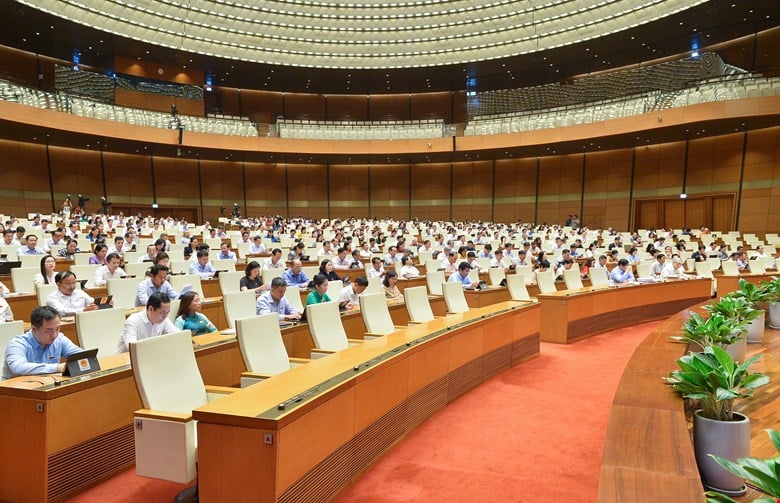
Delegates at the discussion session in the hall on the afternoon of June 20.
However, the delegate said that the above regulation is still too general, not clear about the implementation: How to publish information? On which channels? According to what cycle? How often must it be published or annually? The delegate suggested that this should be regulated more clearly so that it can be implemented in a practical and effective manner.
Delegates from Hai Duong also highly agreed with the addition of content on preventing degradation and depletion of water resources to the draft law to ensure maximum elimination of acts that negatively impact water resources.
Clause 5 of this Article stipulates: Reservoirs, dams and other water exploitation and use works that exploit water ineffectively, causing degradation, depletion and serious pollution of water sources must be renovated, upgraded, have their purpose of use changed or be demolished.
“The above regulations are still quite lenient, not raising awareness of responsibility for protecting water resources when “causing degradation, depletion, and pollution of water resources” to a serious level, only then must renovation, upgrading, conversion of use purpose, or demolition be required,” Ms. Nga commented.
On the other hand, the specific level of “serious pollution” has not been clearly defined. She proposed to amend the law by removing the phrase “serious”, and reservoirs, dams and water exploitation works that are ineffective, causing degradation, pollution and depletion of water resources must be renovated, upgraded, converted to other uses or demolished. This will improve the responsibility and effectiveness of preventing and combating degradation, depletion and pollution of water resources .
Source


![[Photo] Moment of love: Myanmar people are moved to thank Vietnamese soldiers](https://vstatic.vietnam.vn/vietnam/resource/IMAGE/2025/4/3/9b2e07196eb14aa5aacb1bc9e067ae6f)
![[Photo] Special relics at the Vietnam Military History Museum associated with the heroic April 30th](https://vstatic.vietnam.vn/vietnam/resource/IMAGE/2025/4/3/a49d65b17b804e398de42bc2caba8368)



![[Photo] General Secretary To Lam receives Japanese Ambassador to Vietnam Ito Naoki](https://vstatic.vietnam.vn/vietnam/resource/IMAGE/2025/4/3/3a5d233bc09d4928ac9bfed97674be98)




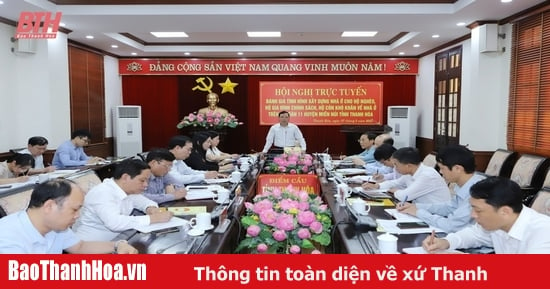
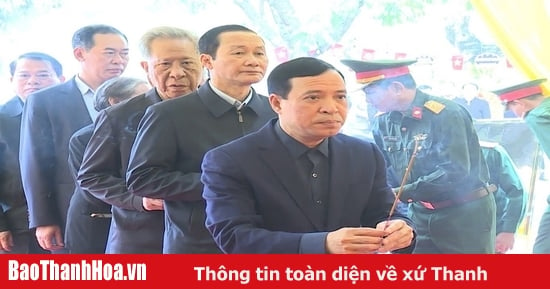

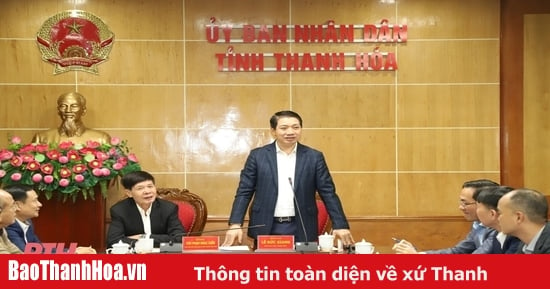
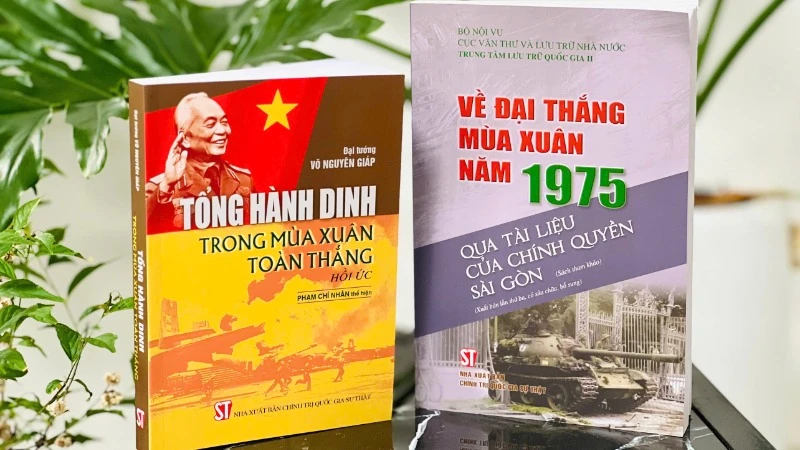


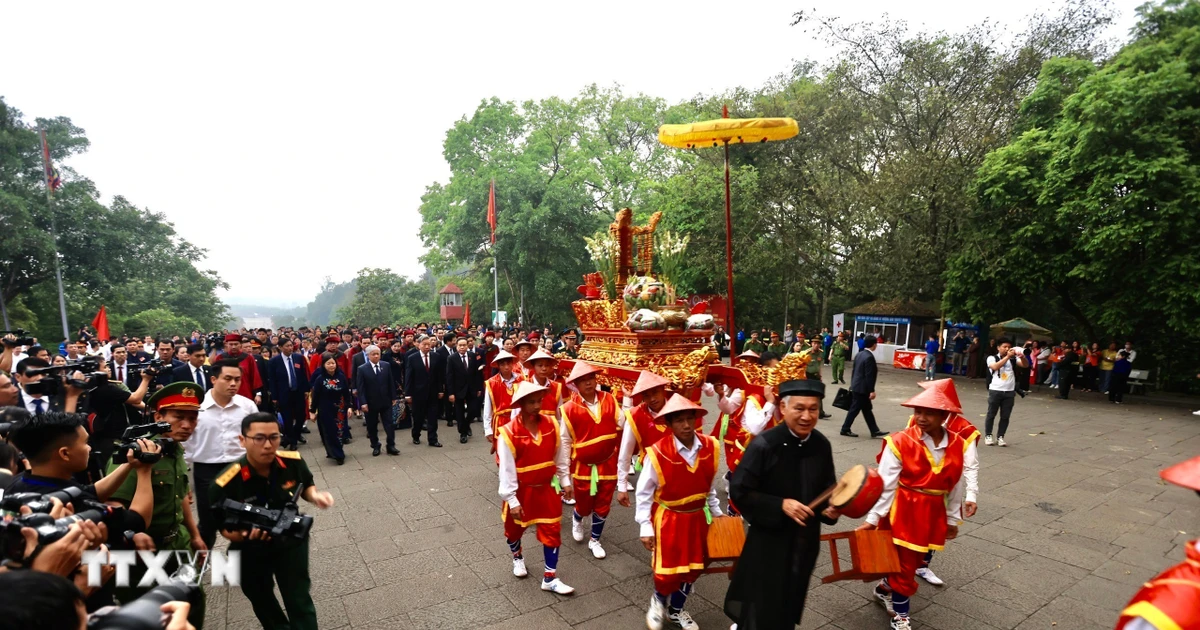
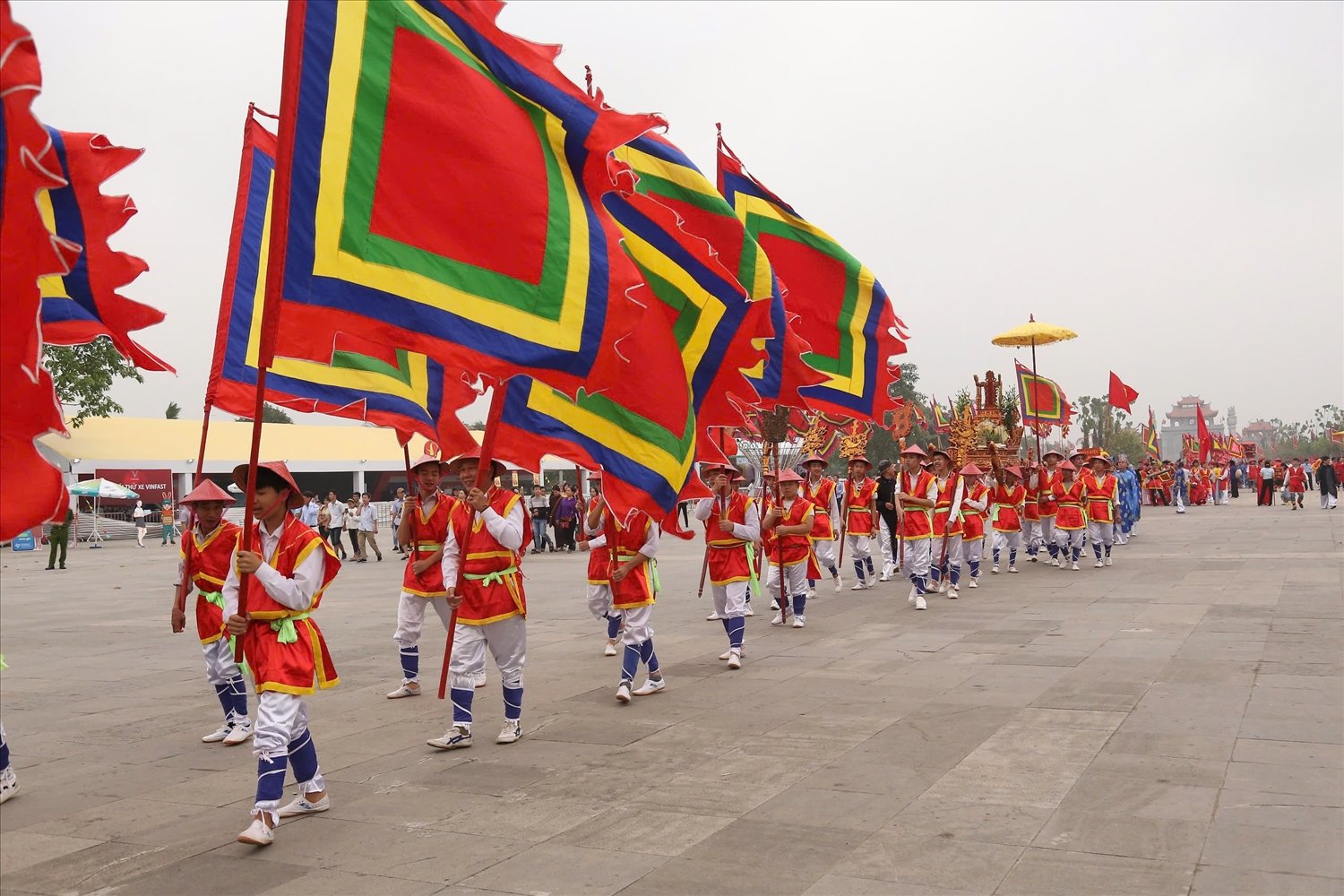
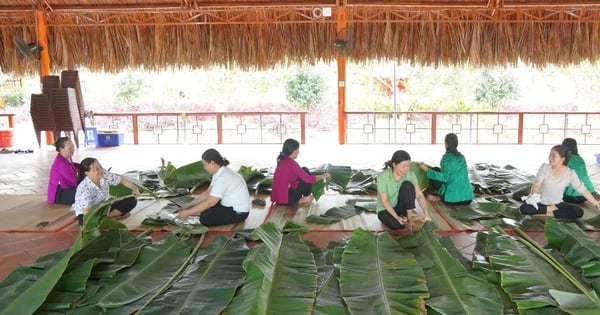









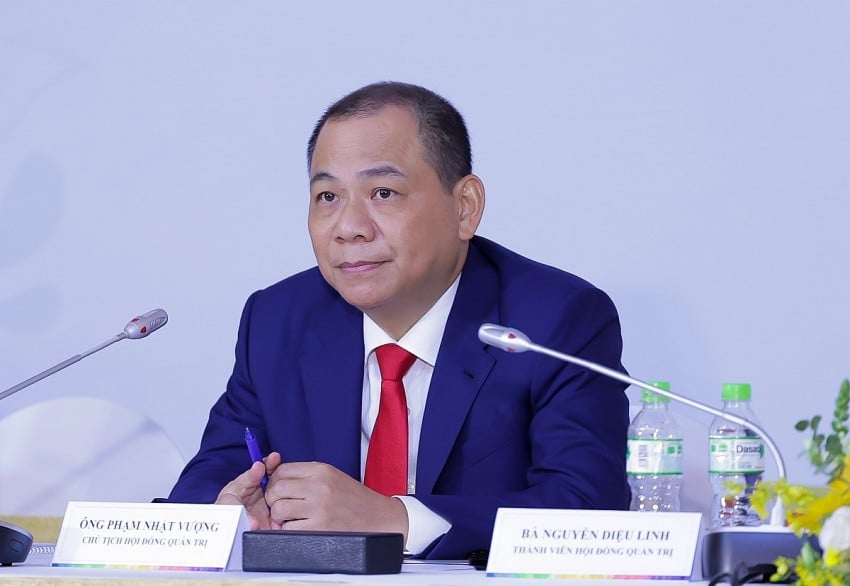




























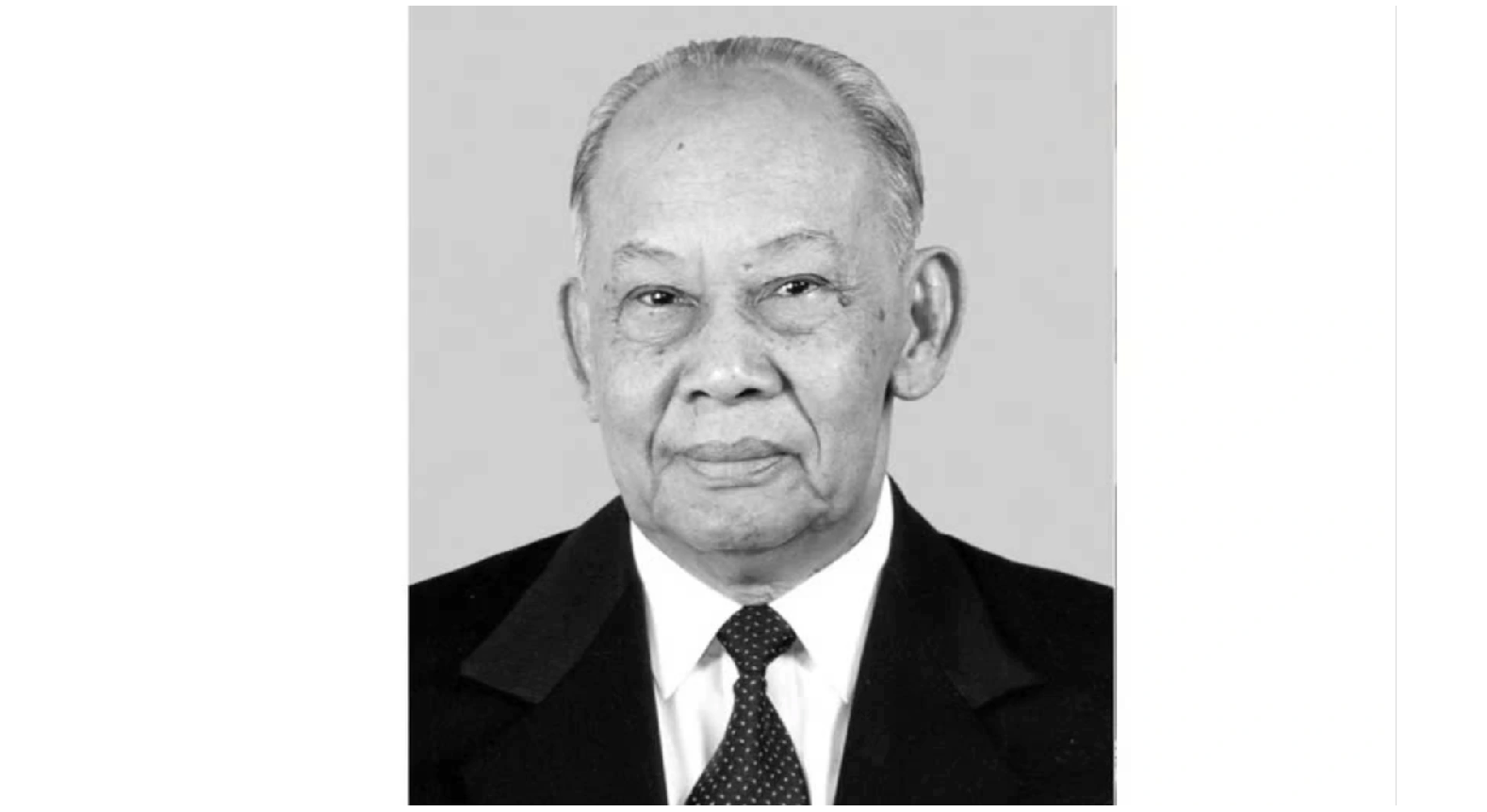
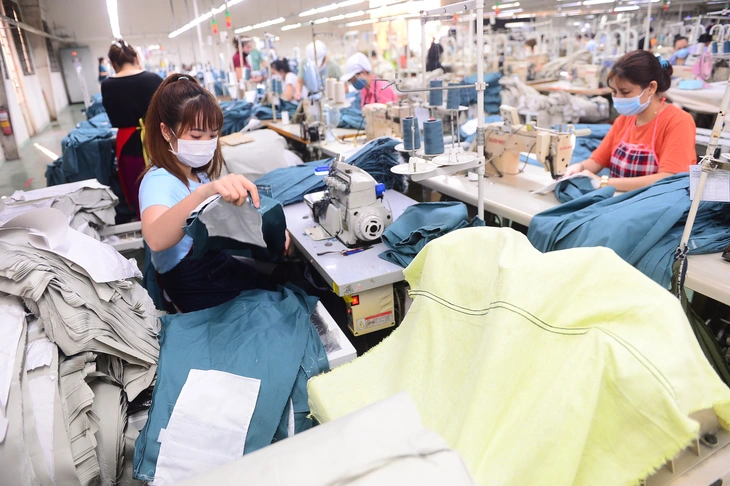
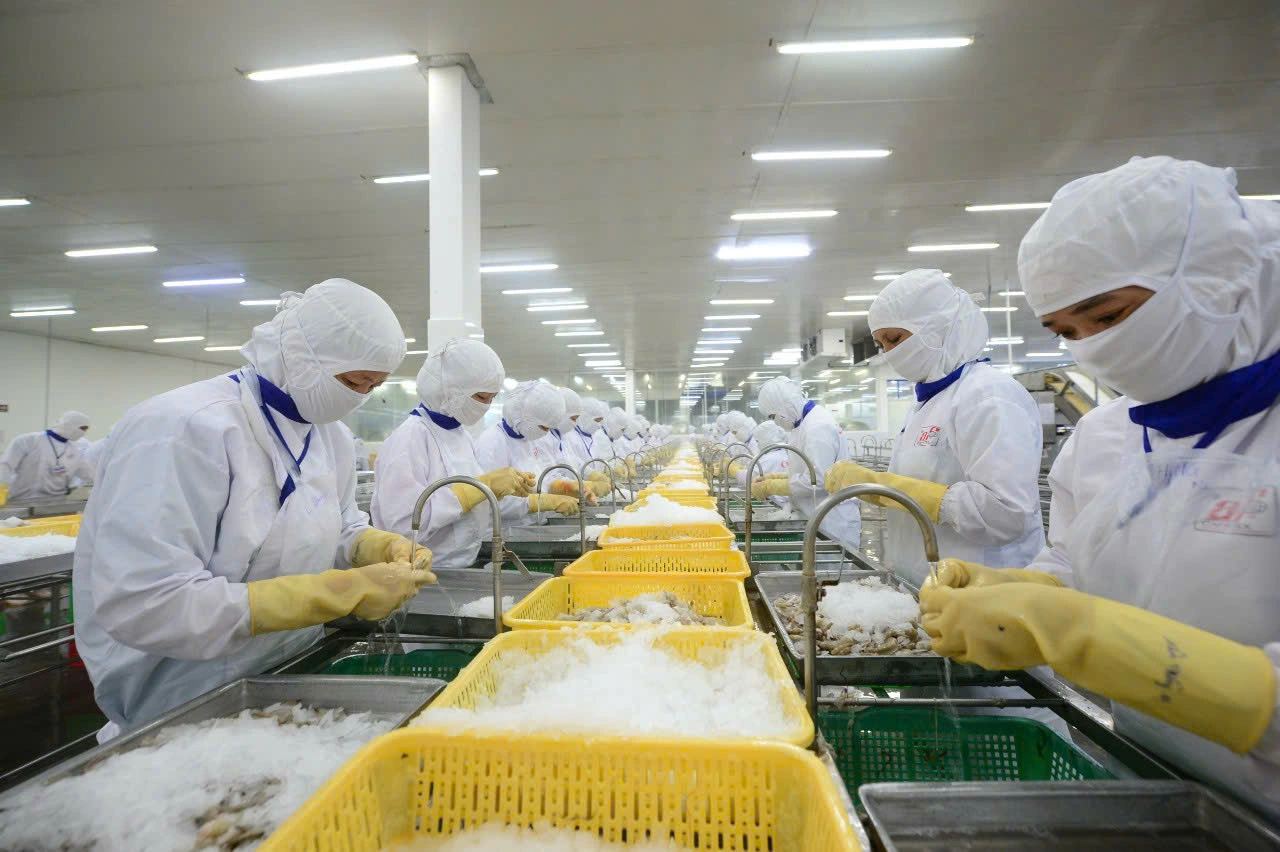


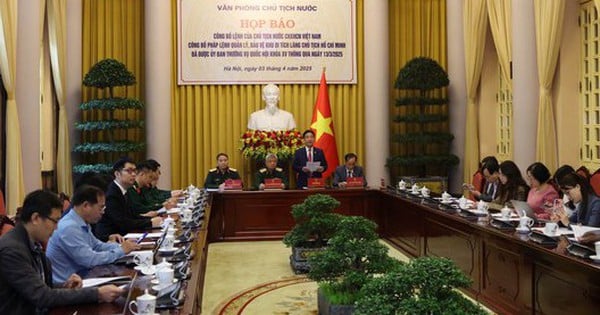




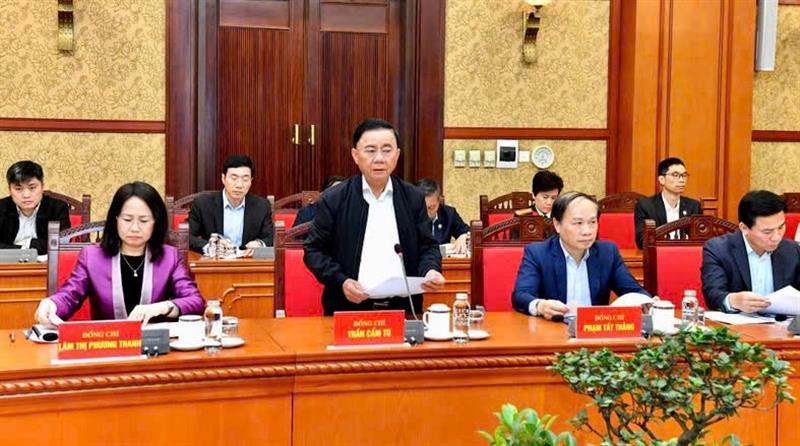

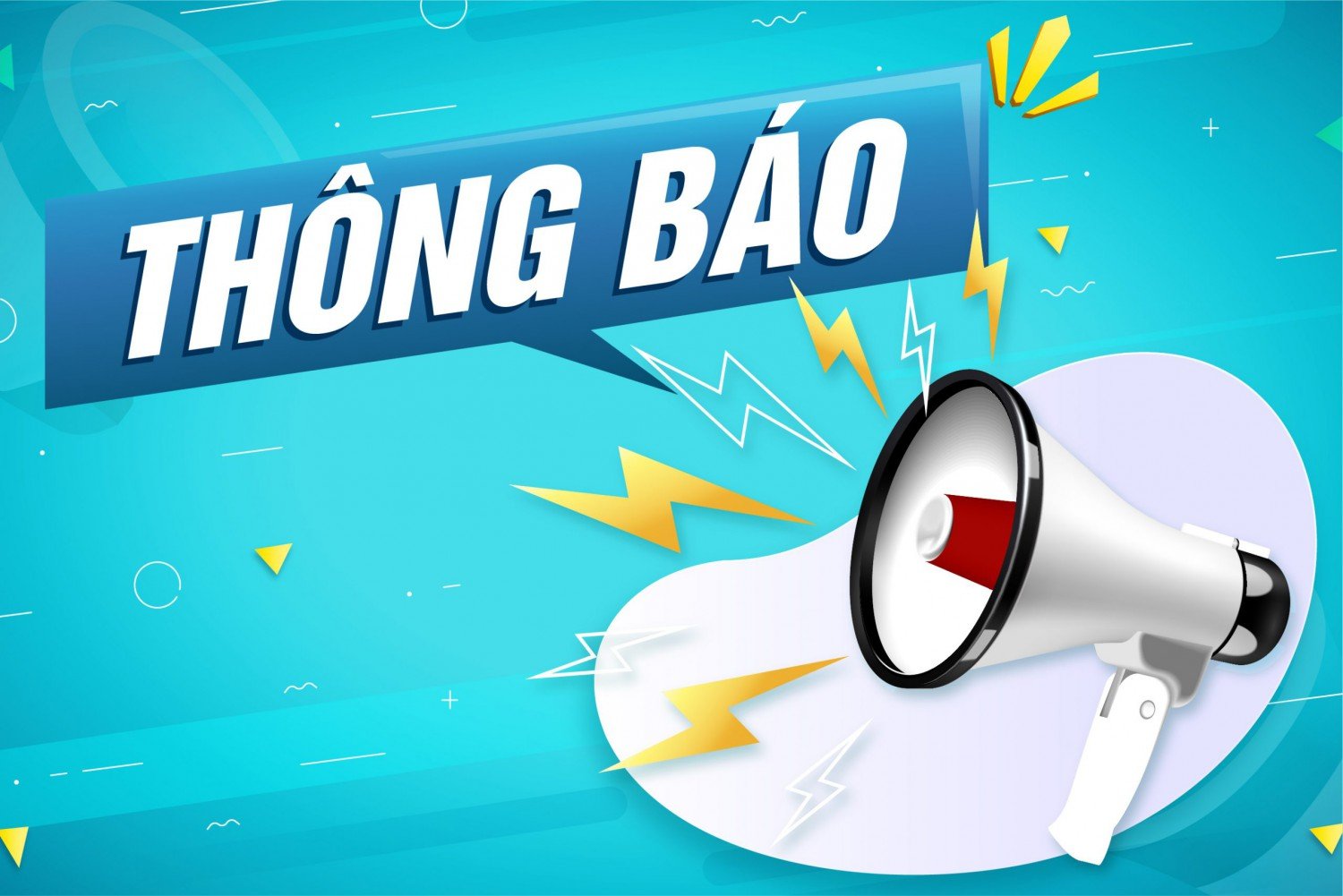
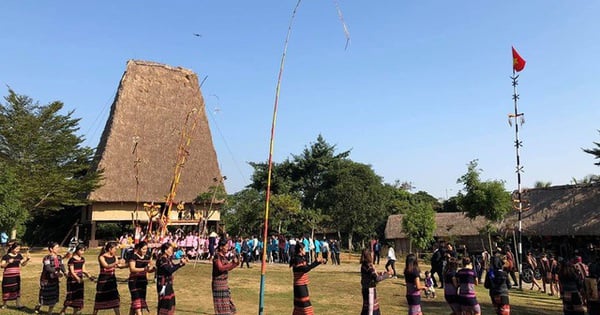
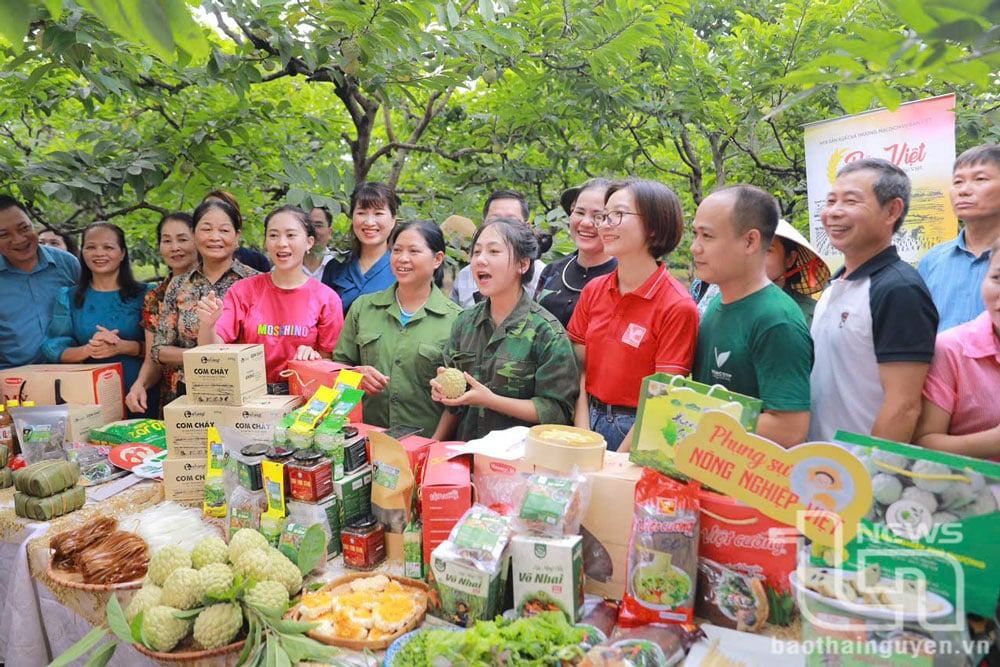

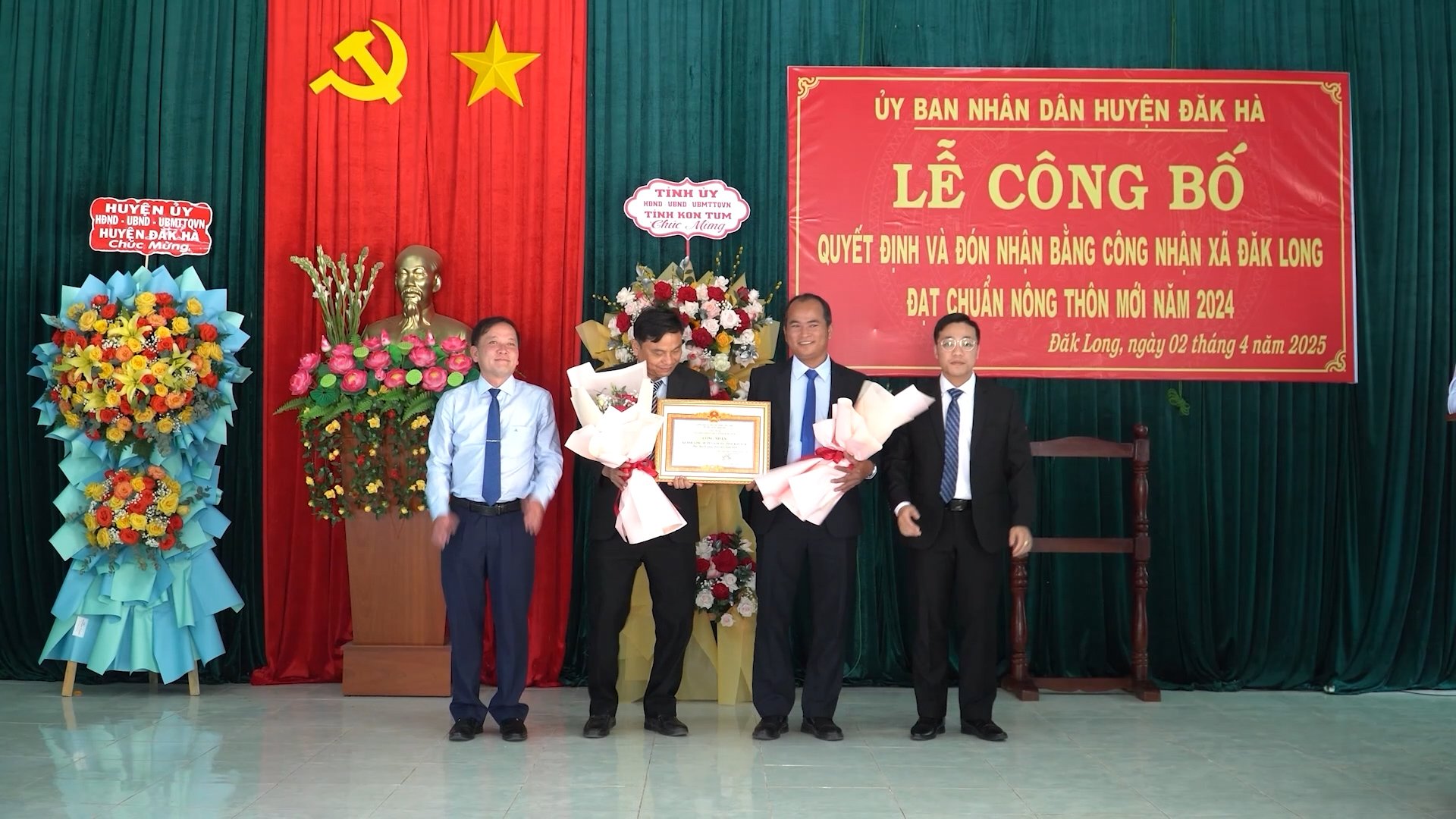
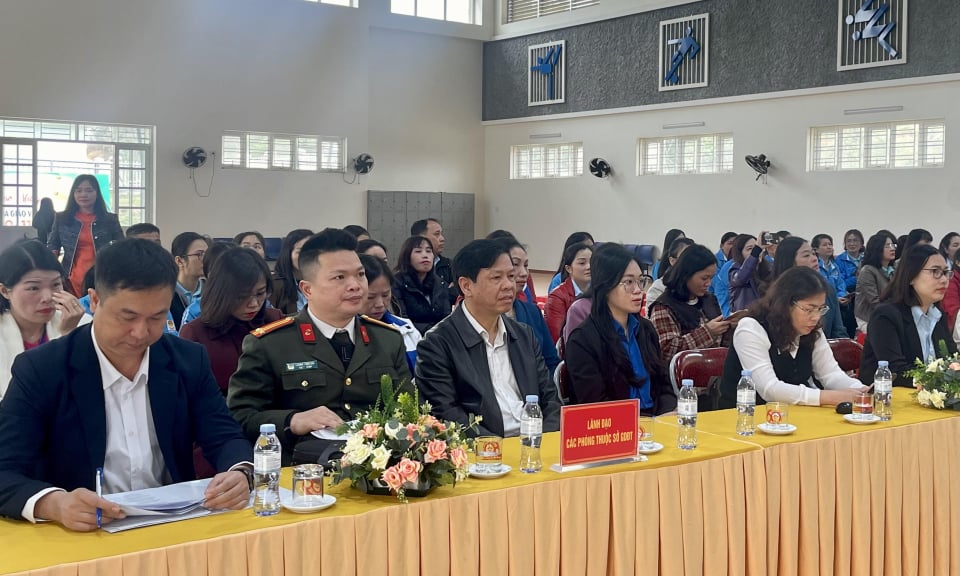

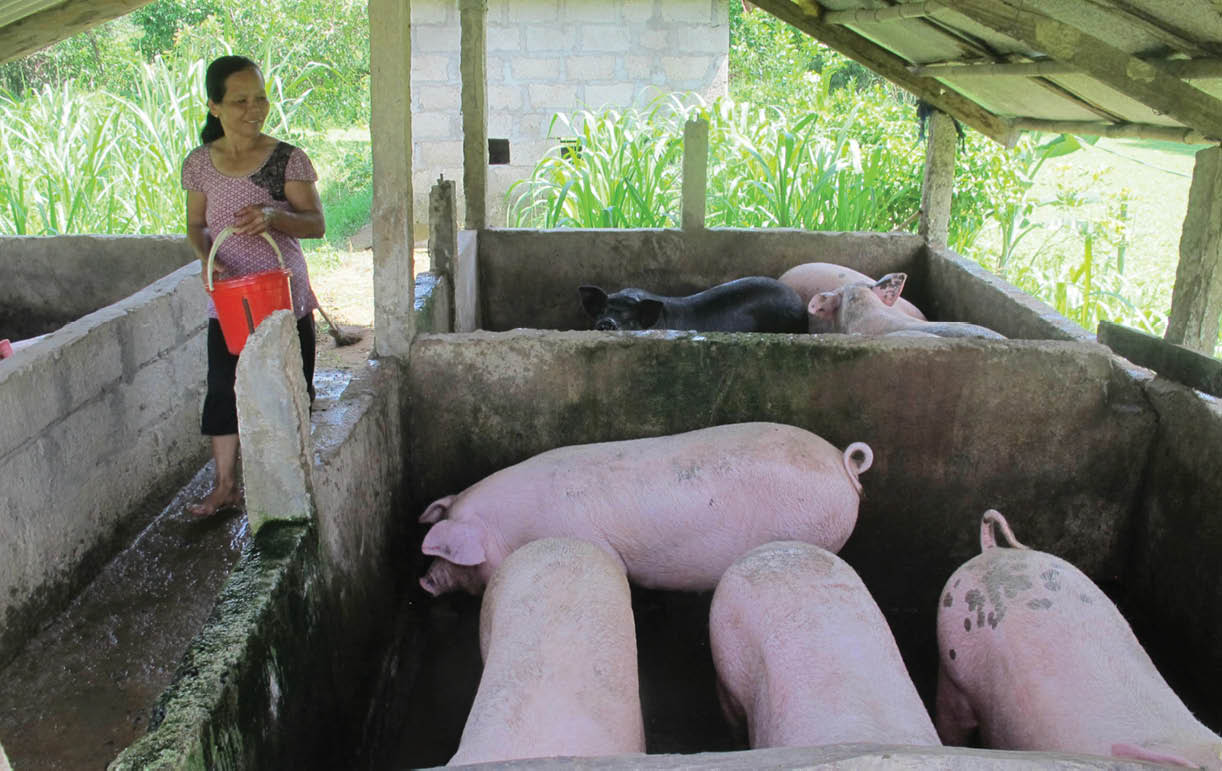

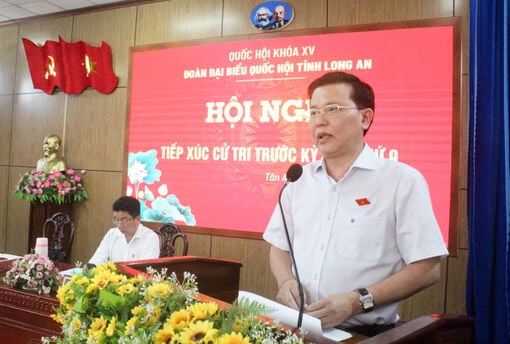












Comment (0)